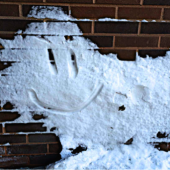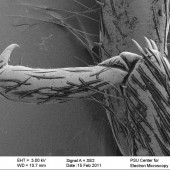
Abstract: This paper introduces an experiential learning assignment “Snow Challenge 2015” incorporated into an undergraduate-level interdisciplinary humanities and social science-based course focusing on a single Arctic Indigenous culture: the Sámi [Lapps] of Finland, Norway, Sweden, and the Kola Peninsula. The assignment used the open-source app Siftr and an accompanying open-access informational website on Sámi snow terms to allow students to apply Lule Sámi snow terminology to snow phenomena they observed in and around their home campuses and neighborhoods. The assignment’s goal was to enhance student learning related to each of the four categories of environmental literacy presented in Hollweg et al.’s (2011) framework: knowledge, attitudes, competencies, and behaviors. A content analysis of a random sampling of student essays written at the conclusion of the assignment showed significant enhancement of student learning, particularly in the areas of attitudes and competencies. The assignment helped model for students the value and nature of an Indigenous-centered curriculum and the pragmatic nature of Indigenous traditional knowledge in living effectively within a winter environment.
Continue Reading
laska Native communities depend on customary and traditional use of natural resources for physical, emotional and cultural sustenance, and community members are concerned about threats to local ecosystems posed by logging, mining, overharvesting, invasive species, fresh and marine water pollution, and climate change. To support one community’s efforts to address these concerns, we have developed an experiential geoscience education program for grades 5 – 12 that draws upon both western science and traditional knowledge. In this program we have found that students are best served by a pedagogy that is founded upon community partnerships, focuses on community needs, reinforces cultural traditions, and presents western science and traditional knowledge as equal and complementary bodies of knowledge. This program has contributed to an increased number of high school graduates pursuing college degrees and has been welcomed by the community as an integral component of cultural revitalization.
Continue Reading